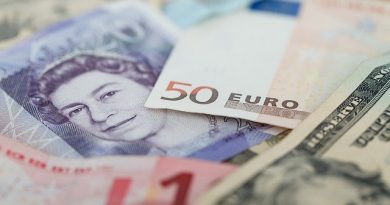Top Benefits Of Forex Trading vs. Stock Trading
Costs associated with the stock market include (but are not limited to) dealing fees, performance fees, annual management fees, etc. On the other hand, the Forex market involves some of the lowest costs associated with financial services. Transaction costs are reduced to the bid/ask spread and sometimes a withdrawal fee.
Stock traders are able to perform transactions over a short time frame. On the other hand the Forex market operates non-stop Sunday (5 p.m. EST) through Friday (5 p.m. EST) while customer support for various Forex brokerages is often available 24/7. In terms of convenience the Forex market reigns supreme.
The maximum leverage allowed for stock trading is 2:1. In other words, a $100 investment in stocks may buy up to $200 worth of shares. With Forex, leverage can go as high as 200:1. On the Forex market a leverage ratio of 200:1 applied to $100 means that the trader controls $20.000 in funds. It is important to note that leverage can work both ways i.e. to the benefit of the trader, or against him. While some traders prefer to constantly deal in moderation, others prefer to risk more, but at least the Forex market offers either option.
Each market product sells for a certain amount. The goal of most (if not all) businesses is to convert a final product into cash or other liquidities. Stocks convert into cash over a certain period of time, depending on the nature of the stock. On the other hand the Forex market requires no conversion considering that the trader is already dealing in cash.
The Forex market is the largest, most liquid and dynamic market in the world, with a daily turnover hovering around $4 trillion per day. As such, it is largely protected from fluctuations resulting from decisions of single individuals or governments. The stock market stands at the opposite end: positive or negative appraisals of a single company s stock often result in dramatic movements on the entire market.
Trading stocks is not a direct operation between the trader and the buyer or seller of the security or instrument traded. Instead, it requires a middleman that intermediates the transaction. The associated costs involves fees and waiting times or, as many businessmen prefer to say, time and money”. On the other hand, currency trading is decentralized, which means that traders are able to interact directly with the currency market, and can buy and sell currency with the click of a mouse.
There are seven major currency pairs associated with Forex trading, as opposed to the stock market which trades thousands of stocks. No stock trader is able to follow all of the stocks on the market, which means that often potential profit is lost.

